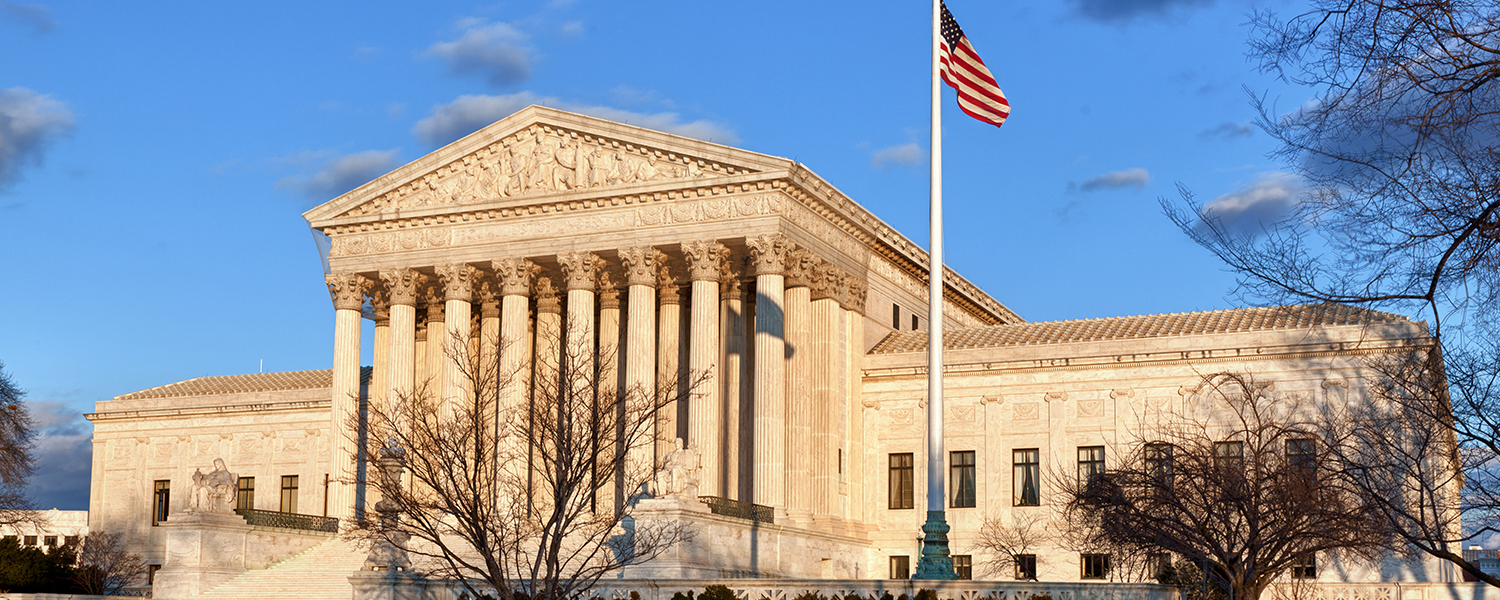SC Denies Liability Shield in Purdue Pharma Settlement
SC Denies Liability Shield in Purdue Pharma Settlement

Introduction
The Supreme Court has ruled that members of the wealthy Sackler family cannot be shielded from lawsuits over their role in the opioid crisis as part of a bankruptcy settlement designed to channel billions of dollars to victims and their families.
In a 5-4 decision authored by the justice, the court determined that the federal bankruptcy code does not permit a liability shield for third parties in bankruptcy agreements. This decision undermines a carefully negotiated settlement in which the Sackler family had agreed to pay up to $6 billion to various states, local governments, tribes, and individuals to address the opioid crisis.
The justice in a forceful dissent, argued that the majority’s decision is legally incorrect and devastating for over 100,000 opioid victims and their families. The ruling, he said, jeopardizes the settlement between Purdue Pharma, the Sacklers, and plaintiffs, which included a controversial provision granting the Sacklers immunity from opioid-related lawsuits despite their not declaring bankruptcy.
The U.S. Trustee Program, a watchdog office within the Justice Department, had asked the Supreme Court to review the case, arguing that the liability shield was an inappropriate use of the bankruptcy system intended to address “true financial distress.” The shield bound potential claimants without their consent and offered extensive legal protection for the Sacklers.
This ruling has broader implications for other bankruptcy settlements involving mass injury claims, such as those between the Boy Scouts of America and victims of sexual abuse. The liability shield used in the Purdue deal has become increasingly popular in similar settlements.
 The original deal required the Sacklers to pay up to $6 billion over 18 years, with nearly $4.5 billion due within the first nine years. This settlement aimed to balance the urgent need for funds to support victims, states, and tribes, against concerns over releasing the Sacklers from further accountability.
The original deal required the Sacklers to pay up to $6 billion over 18 years, with nearly $4.5 billion due within the first nine years. This settlement aimed to balance the urgent need for funds to support victims, states, and tribes, against concerns over releasing the Sacklers from further accountability.
Purdue Pharma, and the Sacklers, have long been seen as central figures in igniting the opioid crisis through the widespread use of OxyContin. By 2007, as opioid overdose deaths surged, Purdue and three top executives pleaded guilty to federal charges of misleading regulators, doctors, and patients about OxyContin’s potential for abuse, resulting in a fine exceeding $600 million.
The first opioid lawsuits against Purdue emerged around 2014, leading to a flood of litigation and increasing scrutiny of the Sacklers. In 2019, Purdue filed for bankruptcy restructuring, pausing the lawsuits, which at that time included about 400 related claims against the Sacklers.
The bankruptcy move was contentious from the start. A 2021 deal approved by a bankruptcy judge proposed dissolving Purdue Pharma, allocating billions to address the opioid crisis, and shielding the Sacklers from civil liability. However, a federal district judge later overturned this deal, arguing that it wrongly provided such protections to the Sacklers. After the Sacklers increased their offer by $1.73 billion, many parties initially objecting to the plan agreed to it.
In May 2023, a federal appeals panel approved the latest version of the settlement. Judge Lee of the United States Court of Appeals for the Second Circuit, who wrote the decision, acknowledged the inherent compromises in bankruptcy cases. “Bankruptcy is inherently a creature of competing interests, compromises, and less than perfect outcomes,” he wrote. “Total satisfaction of all that is owed — whether in money or in justice — rarely occurs.”
 In July, the U.S. Trustee Program petitioned the Supreme Court to review the deal, arguing that it constituted “an abuse of the bankruptcy system.” Purdue Pharma contended that rejecting the deal would harm victims and delay the distribution of billions of dollars needed to combat the opioid crisis. The justices paused the settlement in August and agreed to hear the case.
In July, the U.S. Trustee Program petitioned the Supreme Court to review the deal, arguing that it constituted “an abuse of the bankruptcy system.” Purdue Pharma contended that rejecting the deal would harm victims and delay the distribution of billions of dollars needed to combat the opioid crisis. The justices paused the settlement in August and agreed to hear the case.
During questioning in December, the justices grappled with the tension between the consequences for victims and the potential impact on future lawsuits against the Sacklers. The justice questioned why the government would seek to end a tactic approved by 30 years of bankruptcy court practice, emphasizing the practical need to secure funds to fight the opioid epidemic.
From the perspective of the victims and their families, the justice noted, that the federal government seemed to be risking long-awaited payments to states and individuals in favor of a theoretical possibility of future recoveries from the Sacklers. He pointed out the overwhelming support for the settlement among those who viewed the Sacklers negatively but recognized the necessity of securing immediate funds to address the crisis.
The justice emphasized that the settlement, despite its flaws, had broad support among stakeholders who were more concerned with practical solutions to the opioid crisis than with holding out for theoretical future recoveries. The government’s challenge to the deal, he suggested, seemed to prioritize an abstract legal principle over the urgent need to address the public health emergency.




